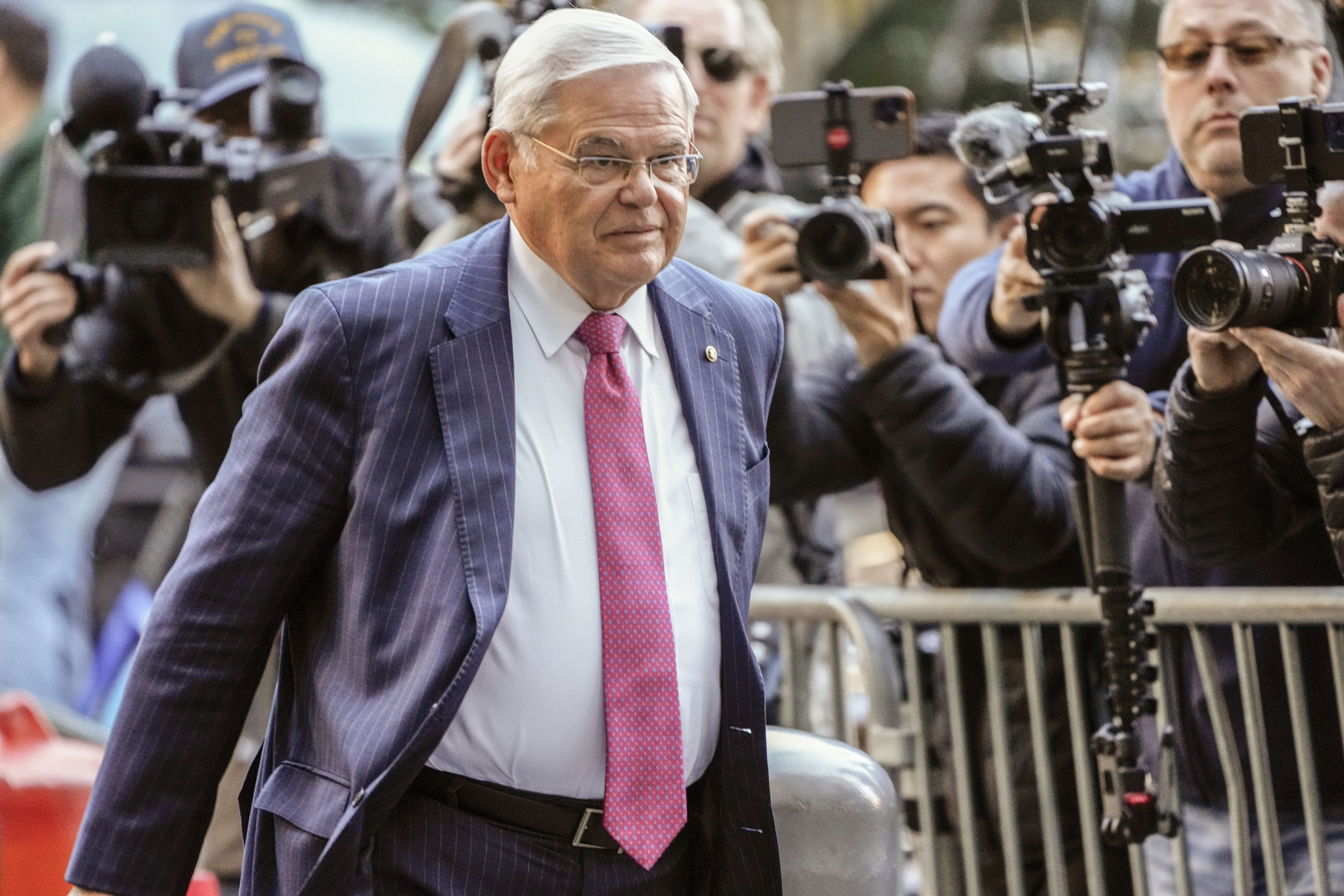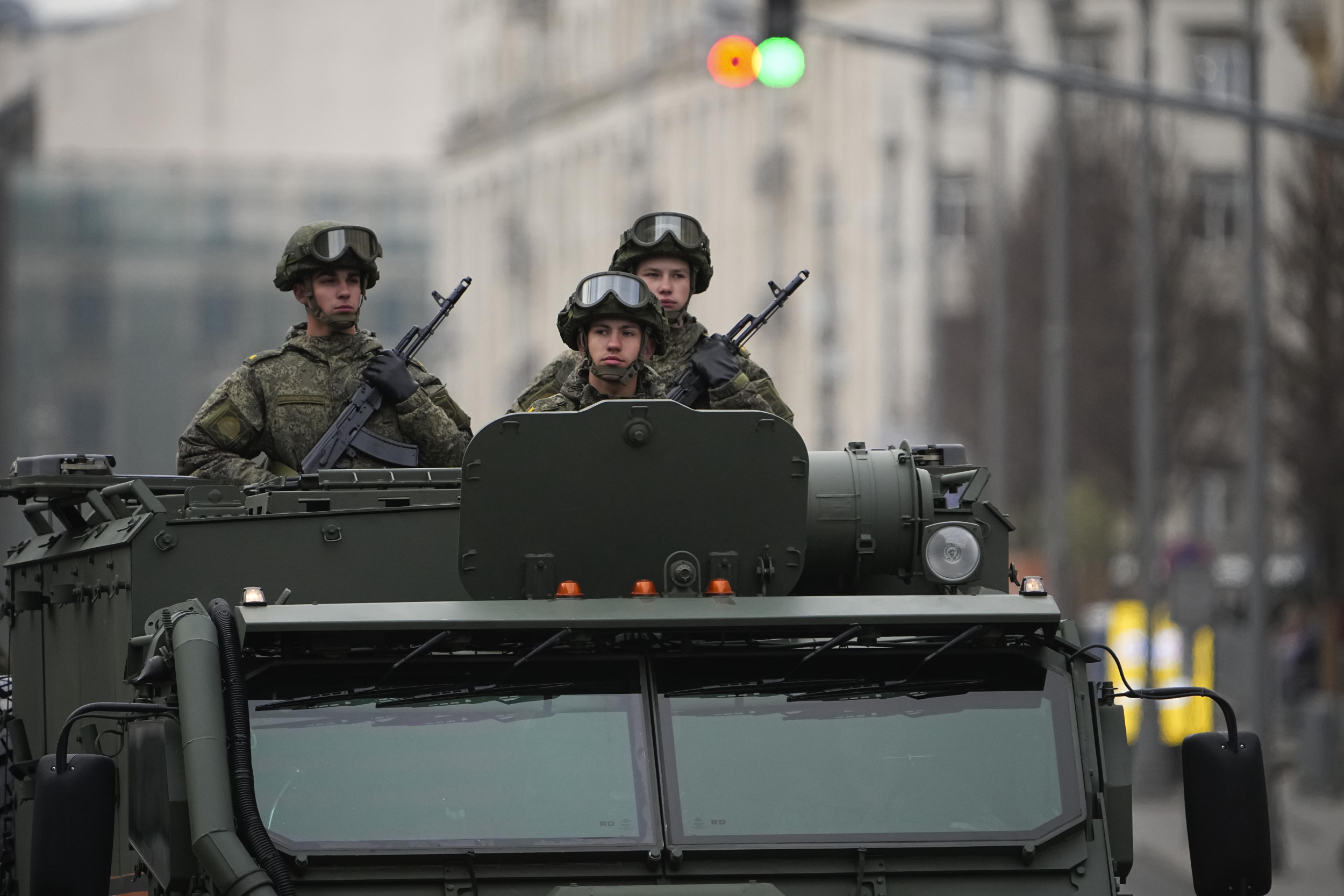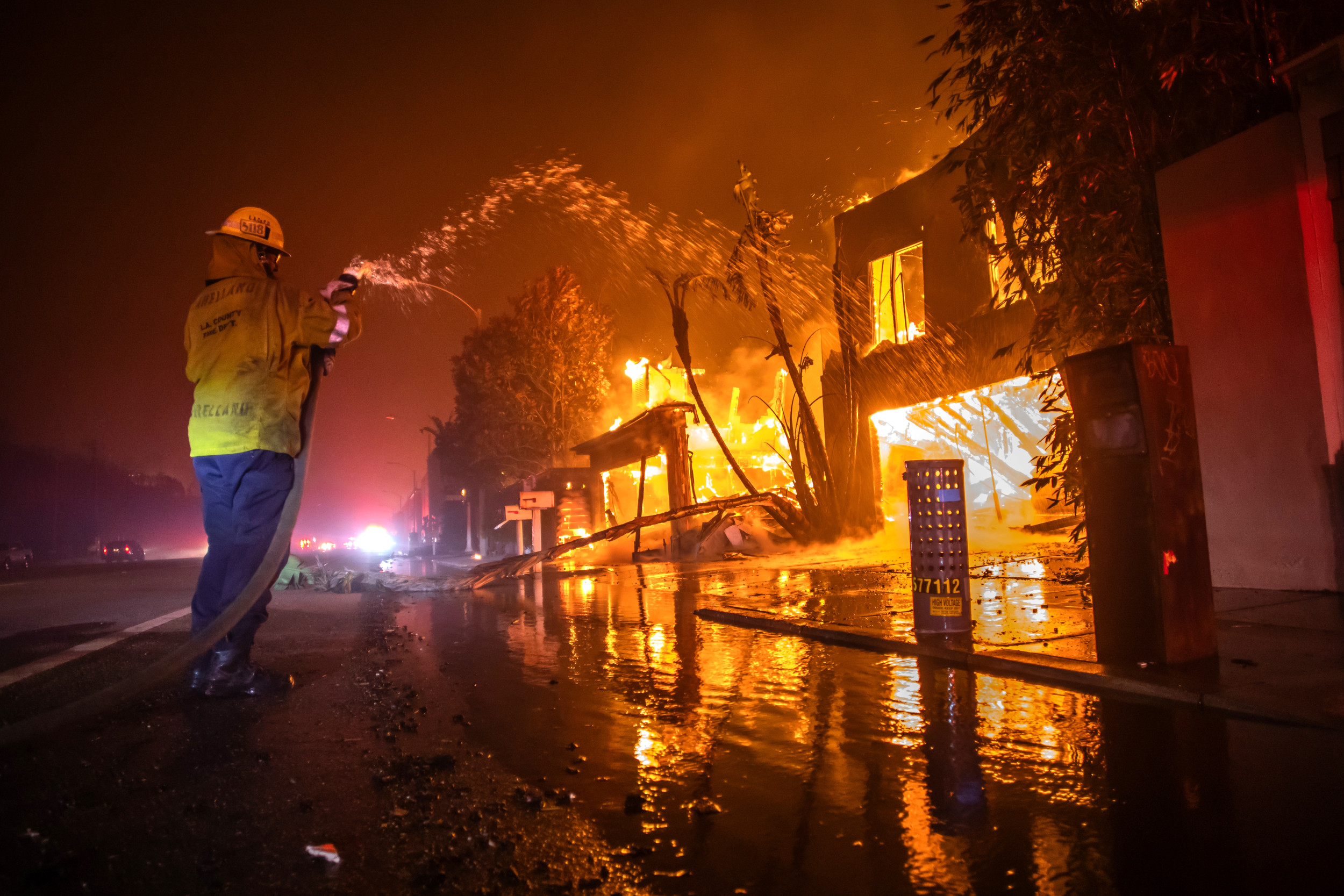The crime
The 1888 murders of (at least) five women in London’s East End.
The story
A PBS upcoming-premieres email tipped me to the “Jack the Ripper” episode of Lucy Worsley Investigates, a BBC2 series adopted by American public-TV stations whose second season launched earlier this week.
I hadn’t heard of LWI before, possibly because the first series dropped in 2022, but Worsley is apparently one of those pop-historian English presenters in the vein of David Starkey – her c.v. is studded with programmes called things like Tales from the Royal Bedchamber and Killing Sherlock – and her presentation is very English as well: clever printed tops, bobbed hair in a sparkly barrette, unquestioning faith in certain topics’ ability to drive viewership.
 (BBC2 / PBS)
(BBC2 / PBS)You can see for yourself on PBS.org (or check your local listings; for what it’s worth, this is the sort of “instructive” show that bigger markets tend to park on the secondary public station – so, WLIW in the New York City catchment area), but I don’t know if you should bother.
“Cozy” British content, presented with gently plummy authority in appealing academic surroundings – museum archives and Victorian apses – that suggests further research on various sociological connections without insisting, that’s worth your time? Certainly. True crime that’s worth your time? I’m not so sure, for a couple of reasons.
One is the case itself, which would have a face on the Mount Rushmore of international true-crime stories if such a thing existed. To its credit, LWI isn’t trying to solve it or retail any crackpot theories; the thesis in chief is that the Ripper case formed a genre “template” that formed the present-day market for “entertainment based on violence” – including the foregrounding of killers over their victims.
Interviewees include Hallie Rubenhold, author of The Five, and the episode makes a yeoman effort to correct generations of received “disinformation” about the women the Ripper killed. It’s less successful at satirizing sonorously somber voice-overs and the cheap histrionics of re-enactments, but I did learn a handful of new things.
 Actors recreate Victorian tabloid readers’ prurient horror; unfortunately, the parody of the thing is the same as the thing in this case. (BBC2 / PBS)
Actors recreate Victorian tabloid readers’ prurient horror; unfortunately, the parody of the thing is the same as the thing in this case. (BBC2 / PBS)But “if it bleeds, it leads” is not one of those things. I don’t disagree that the murders and the coverage of them did a lot to ingrain the “industrial complex” nature of the true-crime genre, but this isn’t a new idea…and LWI needed to devote much more of its 55-minute runtime to the contemporary reporting, the effect on the police investigation of Fleet Street’s just making shit up between murders, etc.
Instead, it’s kind of bouncing around, from the genesis of tabloid journalism to Victorian victim-blaming to classist ideas about “slum clearance”; none of that is uninteresting per se, but with case ground this well-trodden, you have to focus pretty relentlessly on a narrow slice, understanding that nobody who’s new to the case is likely to tune in.
(Not least because there’s…nobody who’s new to the case left on earth, let’s be real. Even newborns are like, “Leave it out with that Duke of Clarence nonsense.”)
That’s tied to a second issue: the pacing. Worsley is a likable presenter, who almost sells the idea that we’re watching her discover a critical church-register entry or whatever in real time.
LWI does better than many at making records searches passable television, plus I think the intent is a “slow TV” vibe that immerses the viewer in the process of making these connections between the Ripper case and the current genre environment. It’s not homework-y, but it’s not riveting, either.
And that’s fine. The bottom line here, I think, is right in the show’s title: Lucy Worsley Investigates. The show is driven not by the stories or cases in individual episodes, but by the personal charisma of the host; you tune in not for an investigation of, say, what happened to the princes in the Tower, but for her investigation, her friendly on-camera chats with professors and crime reporters.
On that level, LWI does what it sets out to; “Jack the Ripper” is a cromulent hour, curious and respectful. But it’s not for “case-heads”; it’s for casual fans of British history to knit in front of, which I may do but won’t insist on for others.
Lucy Worsley Investigates
Recommendation: Ripperologists should SKIP; everyone else, CALL IT
The case in favor:
- Charismatic, appealing host
- Tries to take a new angle on/convey fresh info about a VERY well-known case
- Doesn’t center the killer
- Not crackpotty; not gory
The case against:
- It’s more about Victorian London than about this case…
- …but then it’s not quite ENOUGH about that
- Impatient with slow TV? Second screen NOT an embroidery hoop? This isn’t your jam
True-crime coverage in your inbox
Subscribe to Best Evidence’s newsletter:





















 English (US) ·
English (US) ·